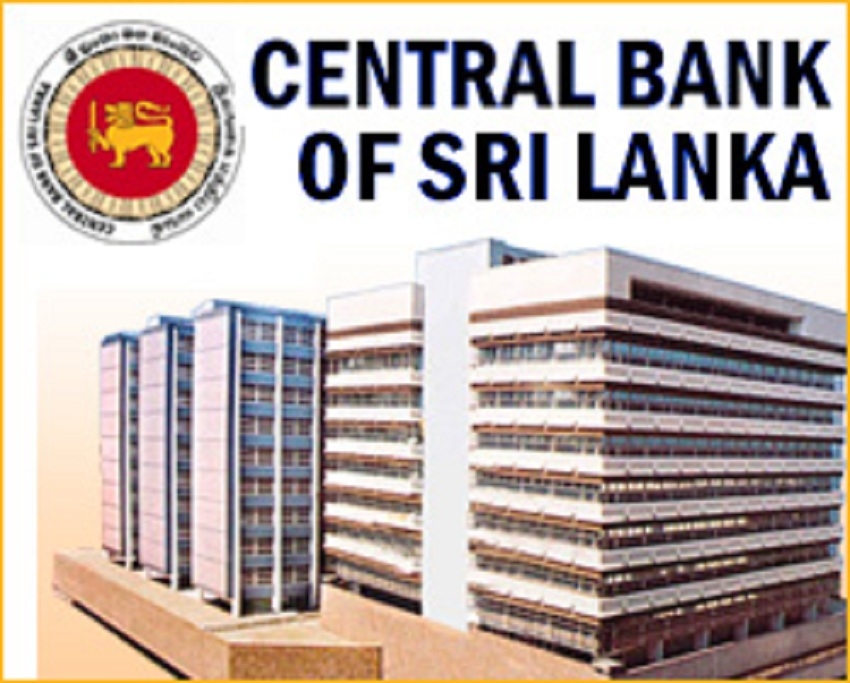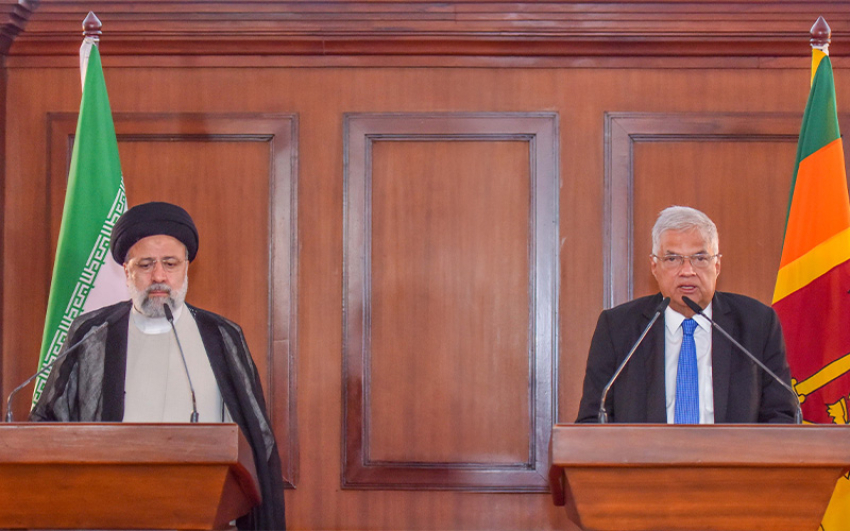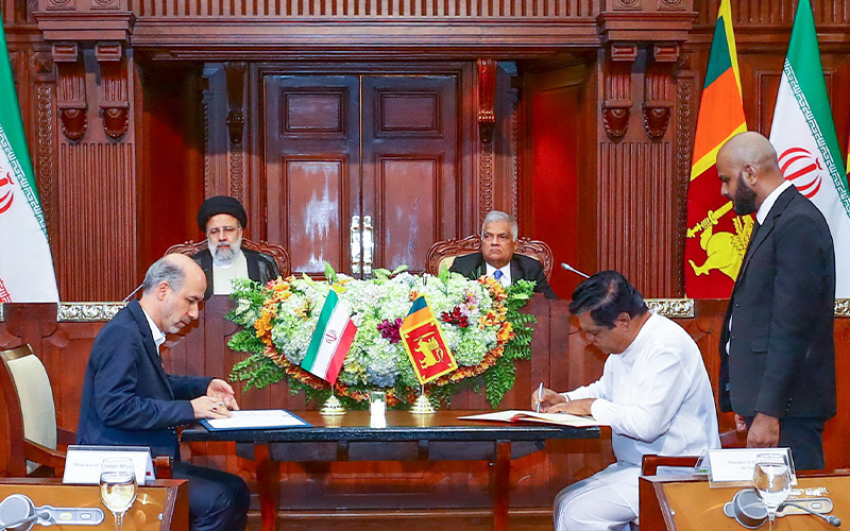He noted that Sri Lanka’s twin deficit condition, high budget and external current account deficits has been well known over the years. Domestic and foreign borrowing has therefore naturally resulted in rising debt levels.External borrowing contributes to widen the deficit in the external current account further. In addition, the increased foreign debt service payments drain the country’s international reserves, which serve as a buffer for external shocks. Therefore, while fiscal consolidation efforts continue, it is important to maintain the current account deficit in the balance of payments at sustainable levels by strengthening the tradable sector.
He further saidthat foreign reserve management activities will continue to be based on a model based Strategic Asset Allocation (SAA) framework. Further initiatives are planned in this subject area. The Central Bank is also in the process of introducing a mid-day benchmark reference rate in line with International Organisation of Securities Commission’s (IOSCO) principles for the benefit of stakeholders, including the general public and foreign investors.In addition, to ensure a high standard of conduct in dealing with the global forex market, the implementation of global FX code is also in the agenda of policies to be adopted in
The Central Bank of Sri Lanka (CBSL) will continue to allow greater flexibility in determining the exchange rate based on market forces and will allow the exchange rate to act as the shock absorber in the envisaged monetary policy framework.Accordingly, Central Bank’s intervention in the domestic foreign exchange market will be limited only to curtail any excessive volatility in the exchange rate.
Moreover, the continuation of the EFF programme with the IMF is likely to be instrumental in supporting external sector stability in the medium term. A sustained improvement in the external sector however, requires policies aimed at promoting domestic production and export of goods and services and inflows of the non-debt-creating type,” Central Bank Governor Prof. W.D Lakshman told the launching ceremony of CBSL’S roamap for 2020 held in Colombo this week.




















